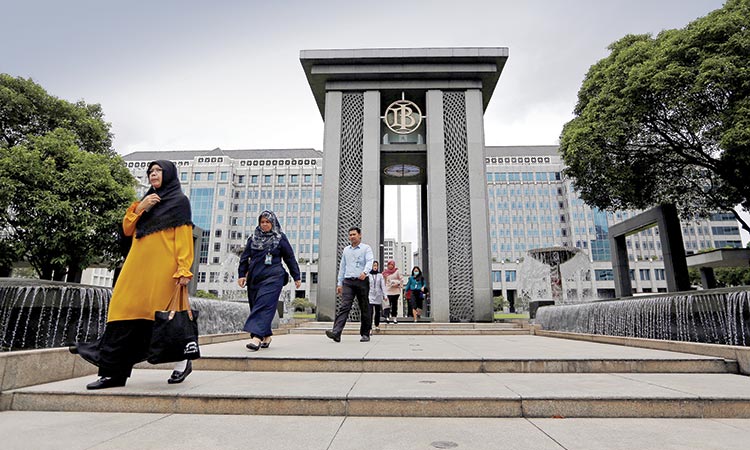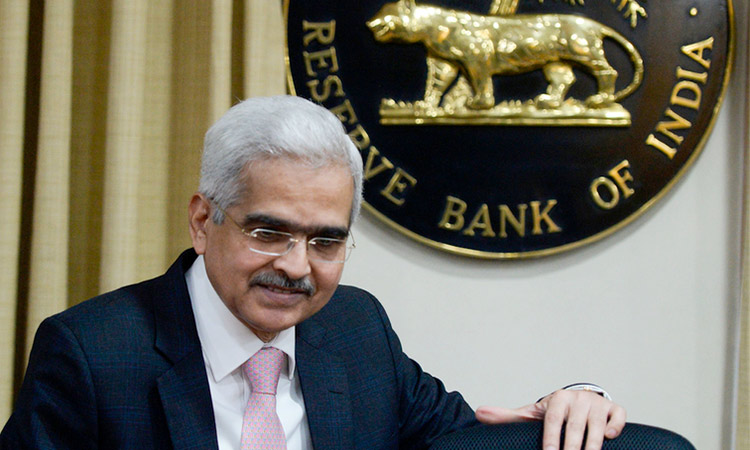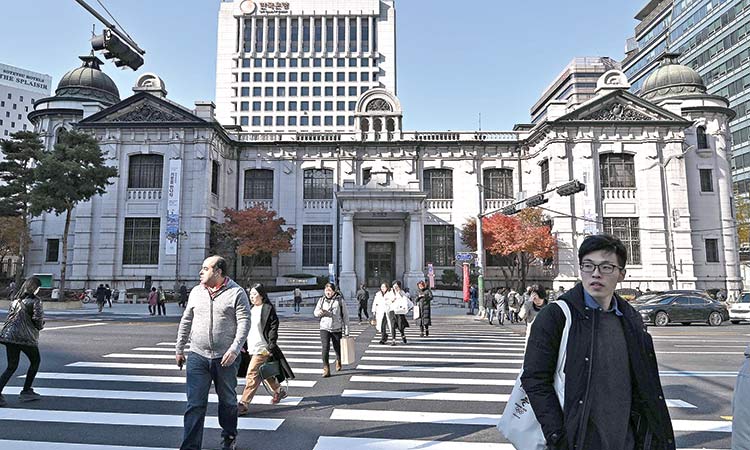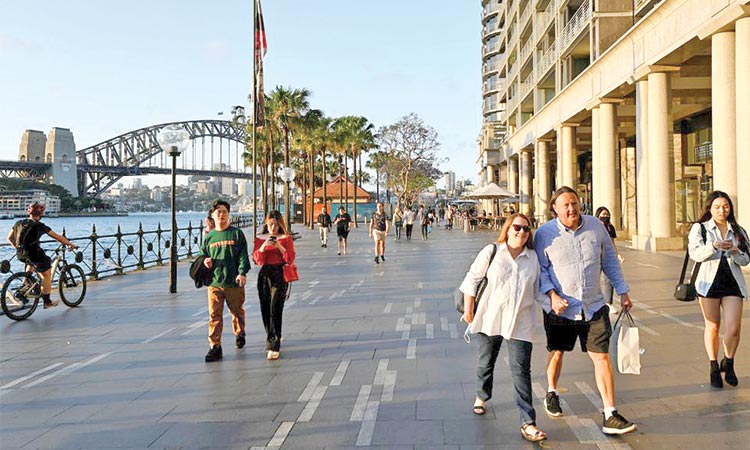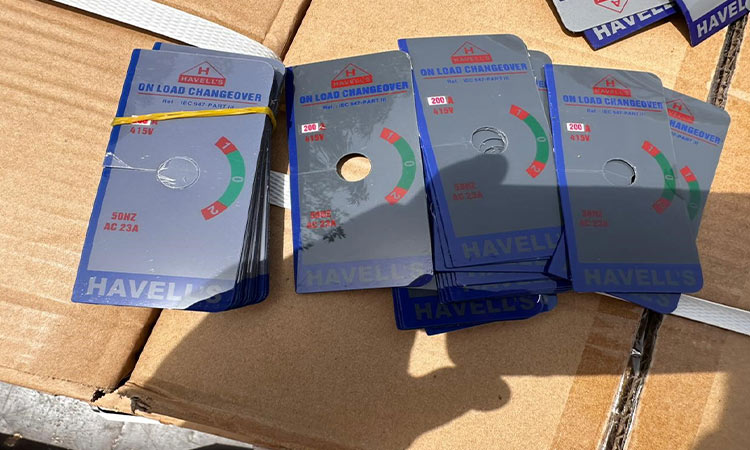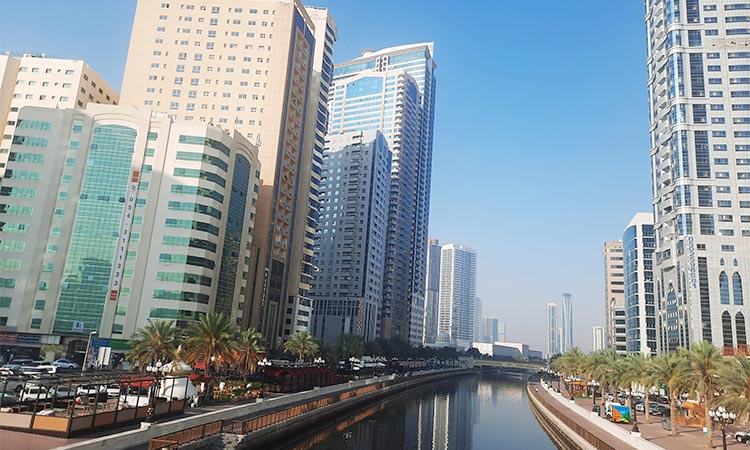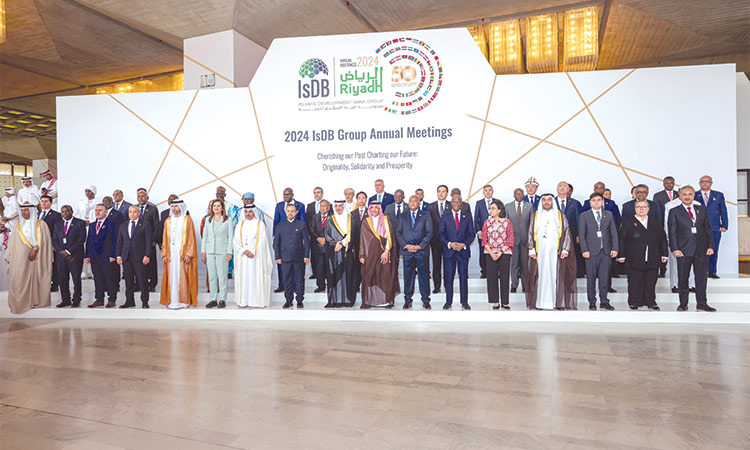Philippine CB keeps rates steady at 6.5 per cent, flags delay to cuts

People flock to a public market in Manila, Philippines. Reuters
Bangko Sentral ng Pilipinas (BSP) Governor Eli Remolona told a press briefing upside risks to inflation, driven mainly by an increase in rice prices have “become worse” making policymakers “somewhat hawkish than before.”
“We’re not gonna do it (cut rates) by the third quarter. We may do it down the road”, the governor said, emphasising that the central bank is contemplating easing policy and not tightening any further.
Remolona said unfavourable developments around inflation and growth could mean a rate cut is delayed to the first quarter of next year.
ING economist Nicholas Mapa said the central bank would likely keep interest rates on hold until the second half of the year and take its cue from the US Federal Reserve on the policy-easing timeline.
“With the Fed possibly pushing back the timing of its rate cuts to the second half of the year and Philippine inflation projected to breach the upper end of the BSP’s target in the near term, we believe the central bank will extend its hold until the Fed finally cuts its own policy rates and headline inflation cools,” Mapa said in a note to clients.
All 21 economists in a Reuters poll had expected the BSP to keep is target reverse repurchase rate unchanged on Monday. In the same March 27-April 3 poll, 12 of 19 economists forecast it to remain there at end-June, while seven predicted a 25-basis-point cut to 6.25 per cent either in May or June.
Taking into account last month’s acceleration in annual inflation to 3.7 per cent, the central bank raised its risk-adjusted consumer price forecast to 4.0 per cent for 2024 from 3.9 per cent previously, but kept next year’s at 3.5 per cent.
The forecasts were within the central bank’s 2.0 per cent to 4.0 per cent target for both years.
The Philippine peso hardly budged after the central bank’s decision, while stocks recouped some of their early losses to trade marginally lower.
Last week, the Philippines lowered its growth target for the year to 6.0 per cent to 7.0 per cent from 6.5 per cent to 7.5 per cent, with the target range for 2025 narrowed to 6.5 per cent-7.5 per cent from 6.5 per cent-8 per cent, due to elevated inflation and an anticipated slowdown in the global economy.
Rice inflation jumped to its fastest pace in 15 years in March, accounting for nearly half of the price uptick for the month.
The central bank, which next meets on May 16, has raised rates by 450 basis points since May 2022, including in an off-cycle hike in October.
“If we see some good news, weakening inflation and somewhat weak growth, we could (cut rates) by the third quarter. If it is opposite, we would ease in first quarter of 2025,” governor Remolona said.
Annual inflation could accelerate further to 3.9 per cent in March from the previous month’s 3.4 per cent due to base effects, central bank Governor Eli Remolona said.
Meanwhile the Philippines secured about $5 billion worth of investment pledges from German and American firms last week in sectors such as healthcare and energy, potentially big wins for the country as it competes with others in the region for foreign capital.
President Ferdinand Marcos Jr, who is on a three-day working visit in Germany, secured $4 billion worth of investment pledges from German companies, the trade ministry said on Wednesday, on the heels of over $1 billion in commitments from American firms.
US Commerce Secretary Gina Raimondo concluded a two-day trade mission to the Philippines on Tuesday with executives from 22 companies including United Airlines, Alphabet’s Google, Visa, and Microsoft.
The Philippines has long struggled to lure foreign money because of issues like red tape, weak infrastructure and policy uncertainty, and has lost business to other Southeast nations that offer better tax breaks and lower operational costs.
Private equity firm KKR & Co will invest $400 million in telecoms tower operations and expansion in the Philippines, the US Department of Commerce said.
Ally Power, a startup, announced a $400 million deal with power utility Manila Electric Co to build a hydrogen and electric refueling station.
Microsoft is working with the Philippine central bank and the ministries of budget and trade to identify how its AI products can help boost productivity, the commerce department said.
